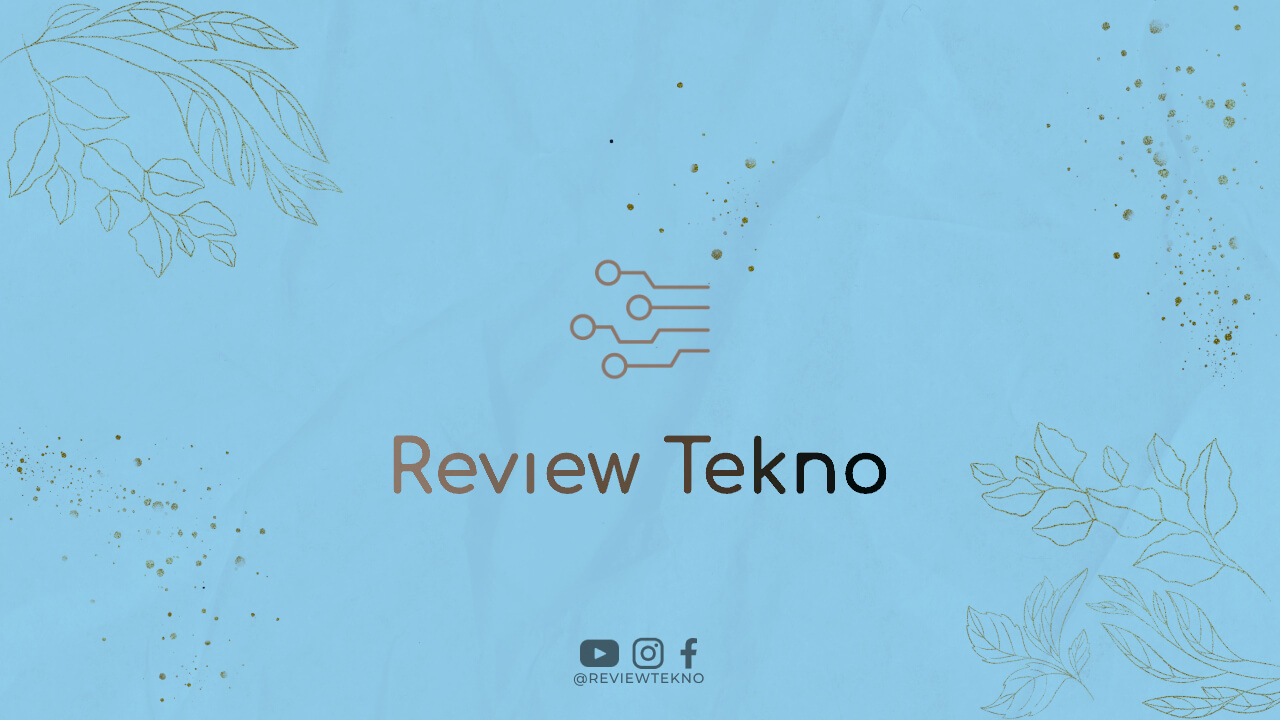In recent years, the banking industry has undergone a major transformation due to the rapid evolution of technology. Digital banking transformation has revolutionized the way banks operate and interact with their customers. Banks are now leveraging technology to offer better services and improve customer experience. This article explores the various ways technology is transforming the banking industry.
The Emergence of Mobile Banking
One of the most significant changes in the banking industry is the emergence of mobile banking. Banks are now offering mobile apps that allow customers to access their accounts and perform transactions on the go. This has made banking more convenient and accessible than ever before. Customers can now check their balances, transfer funds, and pay bills using their mobile devices.
Mobile banking has also made it easier for banks to reach new customers. With the rise of smartphones, the number of people who can access banking services has increased significantly. Banks are now able to offer services to people who previously did not have access to banking services.
The Rise of Digital Payments
Another major change in the banking industry is the rise of digital payments. Banks are now offering digital payment options that allow customers to pay for goods and services using their mobile devices. This has made payments more convenient and secure than traditional methods.
Digital payments have also made it easier for banks to track transactions and prevent fraud. Banks can now use advanced analytics to detect suspicious activity and prevent fraudulent transactions.
The Use of Artificial Intelligence
Artificial intelligence (AI) is another technology that is transforming the banking industry. Banks are now using AI to offer personalized services to their customers. AI algorithms can analyze customer data to identify patterns and offer personalized recommendations.
AI is also being used to automate repetitive tasks and improve efficiency. Banks are now using chatbots to handle customer inquiries and provide support. This has reduced the workload on customer service agents and improved response times.
The Adoption of Blockchain Technology
Blockchain technology is another technology that is transforming the banking industry. Banks are now using blockchain to improve security and reduce costs. Blockchain technology offers a secure and transparent way to store and transfer data.
Blockchain technology is also being used to streamline the payment process. Banks are now able to process payments in real-time using blockchain technology. This has reduced the time it takes for payments to be processed and has improved the overall efficiency of the payment process.
The Importance of Cybersecurity
As the banking industry becomes more digitized, cybersecurity has become a major concern. Banks are now investing heavily in cybersecurity to protect their customers’ data and prevent fraud.
Banks are now using advanced security measures such as biometric authentication and encryption to protect customer data. They are also investing in cybersecurity training for their employees to ensure that they are aware of the latest threats and how to prevent them.
The Future of Digital Banking Transformation
The digital banking transformation is still in its early stages, and there is much more to come. The use of technology will continue to shape the banking industry in the years to come.
As technology continues to evolve, banks will need to adapt and embrace new technologies to remain competitive. Customers will continue to demand more convenient and personalized services, and banks will need to respond to these demands by leveraging technology.
In conclusion, digital banking transformation has revolutionized the banking industry. Banks are now leveraging technology to offer better services, improve customer experience, and reduce costs. The adoption of new technologies such as mobile banking, digital payments, AI, blockchain technology, and cybersecurity has transformed the way banks operate. The future of digital banking transformation is exciting, and we can expect to see many more innovations in the years to come.

